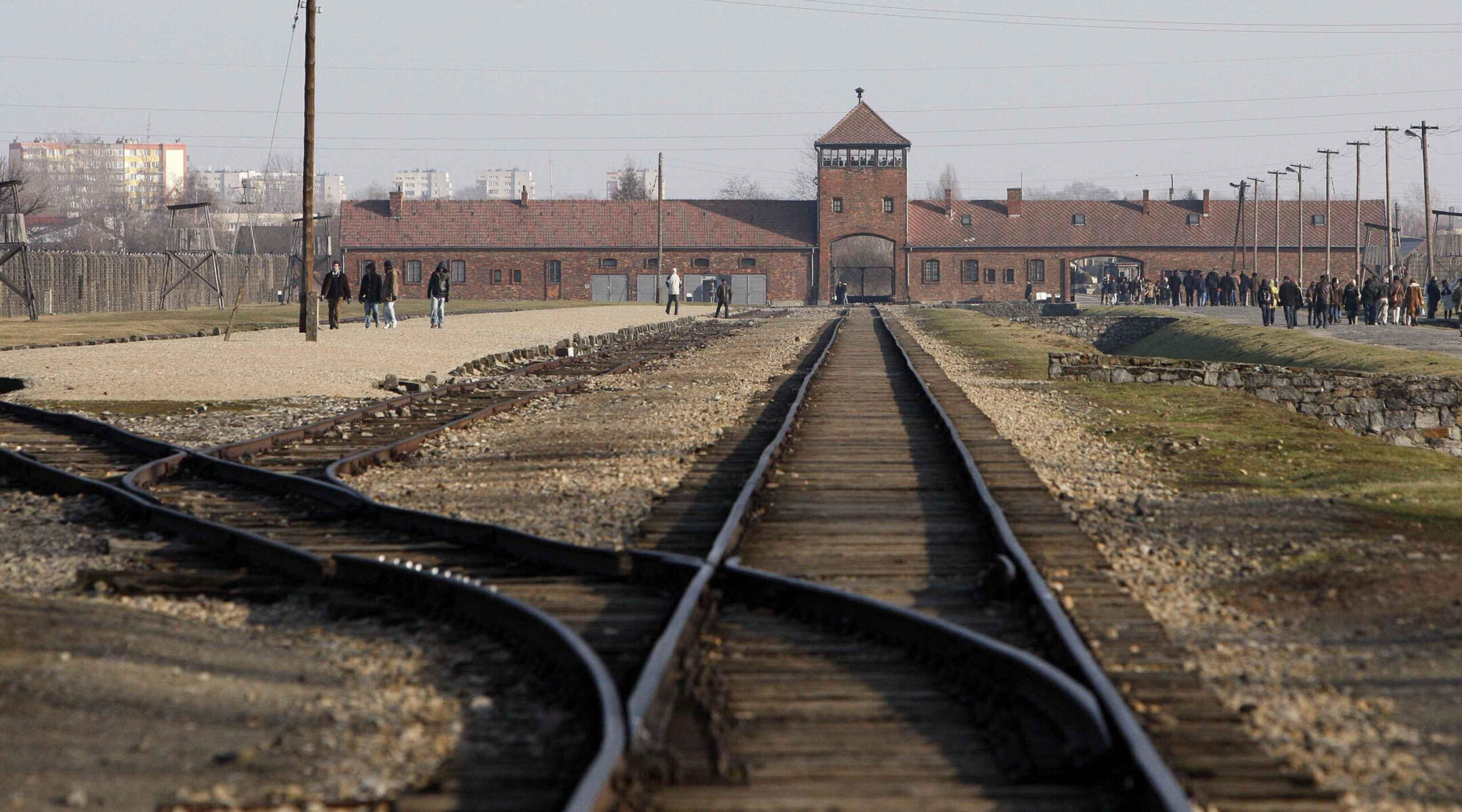(JR) — The Belgian railway company that sent Jews to Nazi death camps should not have to pay compensation to survivors, a panel commissioned by the Belgian government has concluded.
The official report, released on Friday, ended a five-year investigation into the role that the Belgian National Railway Company played in the Holocaust. Between 1942 and 1944, the railway carried more than 25,000 Jews and 353 Roma to Auschwitz and other concentration camps. Fewer than 1,200 people returned alive.
Belgium’s government opened an independent probe of the railway company, known by the acronym SNCB, in 2019. It invited a research center, the Study and Documentation Centre for War and Contemporary Society, to investigate the railway’s role in the Holocaust. Last week, a committee revealed its recommendations based on what the researchers learned.
The committee said that SNCB should offer an official apology to survivors and urged expanded Holocaust education and commemoration initiatives, but they stopped short of recommending reparations. Instead, they said the deportation trains were the “collective responsibility” of Belgian authorities and a silent, complacent Belgian public.
“The ultimate responsibility cannot therefore be attributed to a single person or even to a single company,” said the report.
One member of the commission, Belgian Supreme Court Judge Sidney Berneman, spoke strongly against the report’s conclusions. Berneman’s parents were Holocaust survivors from Poland who settled in Antwerp after the war.
“It is with a bitter feeling that I must give the final report a resounding fail and cannot in good conscience endorse it,” Berneman said. “The report does not honor the memory of thousands of Jews.”
This finding drew swift condemnation from the World Jewish Restitution Organization, or WJRO, founded four decades ago to negotiate reparations for Holocaust survivors. The group’s president Gideon Taylor and COO Mark Weitzman said they were “very disappointed.”
“To reject compensation from the perpetrator to the victim denies the moral obligation by SNCB to those it wronged,” the group said in a statement. “Accepting responsibility means facing and dealing directly with individual victims.”
The reports comes as the number of survivors — and thus opportunities for restitution — dwindles. Fewer than 250,000 survivors were alive a year ago; the number is lower now.
Taylor and Weitzman pressed Belgium to compensate people urgently while they are still alive, noting that the annual mortality rate for Holocaust survivors is between 8 and 10%. Jan. 27 marks International Holocaust Remembrance Day and the 80th anniversary of the liberation of Auschwitz.
Belgium’s investigation follows similar moves in France and the Netherlands, where railway companies that shipped Holocaust survivors to death camps have successfully arrived at agreements for compensation. Dutch Railways said it would pay about $17,000 to each living survivor, while France’s SNCF railway negotiated payments up to $100,000.
Meanwhile, Amsterdam’s public tram company this year announced that it would donate more than 100,000 euros to Jewish groups to divest itself of revenue generated by transporting local Jews to the Nazis.
WJRO rebuked the Belgian group for stepping away from those precedents and accused it of failing to cooperate with WJRO, which represents Belgian Holocaust survivors living abroad.
“Such consultations would have enabled the Committee to draw on a broader range of perspectives from Holocaust survivors and benefit from our expertise in restitution, fostering a more inclusive process that addresses the full scope of these injustices,” said Taylor and Weitzman.
Keep Jewish Stories in Focus.
JR has documented Jewish history in real-time for over a century. Keep our journalism strong by joining us in supporting independent, award-winning reporting.




